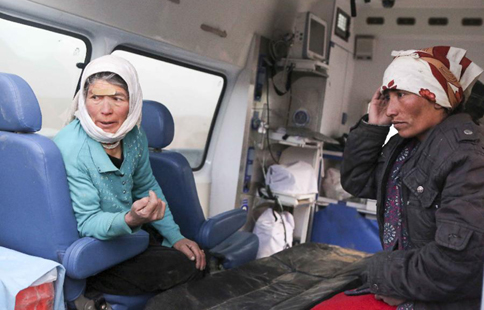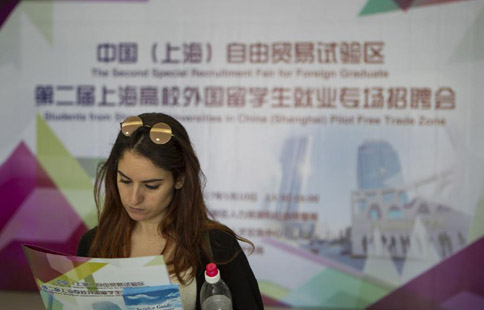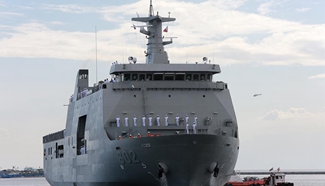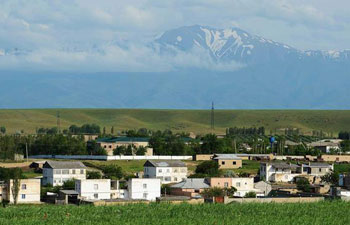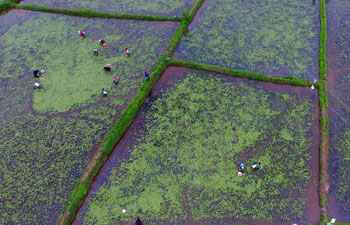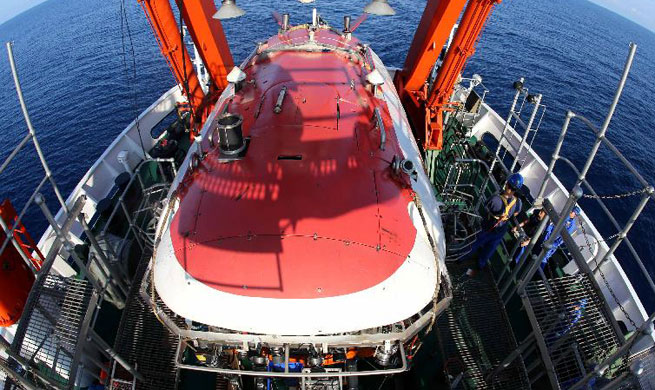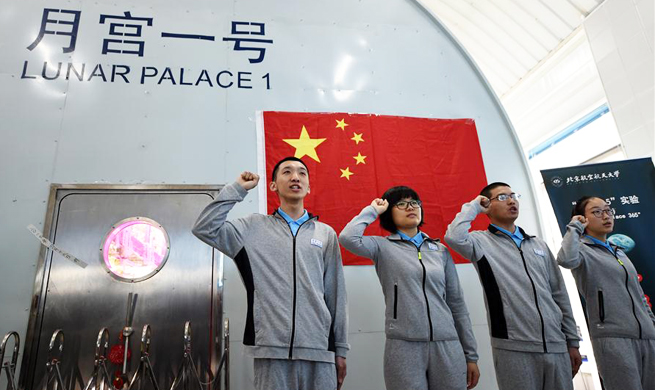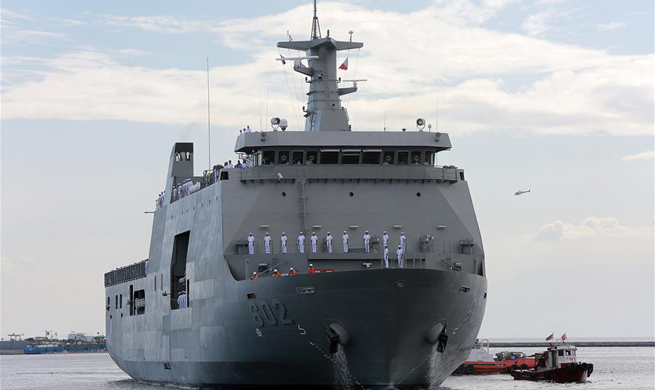By Levi J Parsons
SYDNEY, May 11 (Xinhua) -- Days out from his address at the Belt and Road Forum for International Cooperation in Beijing, a leading Australian expert on global infrastructure and complex development projects has urged that Australia must join China's Belt and Road Initiative.
"My interpretation of the Belt and Road Initiative is that China is offering to connect with the world and this is something that should be welcomed, encouraged and supported," Steve Howard told Xinhua in a recent interview.
"It aims to give peace and security by making sure the countries can receive the food, the goods they need and the resources to secure their future by working together in harmony."
Credited for spearheading the renowned revitalization strategy for the city of Melbourne in the early 1990s as the director of the committee for Melbourne, Howard was instrumental in bringing the public and private sector together to design and fund national government policy in Australia.
His belief in infrastructure as a tool of cooperation, connection and prosperity was also evident when he took a role as a top advisor during the development of the Nam Theun 2 Hydro project, a 1.3-billion-U.S. dollar initiative in Laos which was undertaken by the World Bank.
He currently holds the position of secretary general of the Global Foundation, a Sydney-based non-profit civic body dedicated to research.
At the heart of the institute's philosophy is the concept of "Australasian integration."
"We are called the Global Foundation for a very good reason because Australia has to be an outward-looking, globally orientated nation, a trading nation," Howard explained.
"Particularly in the face of protectionist measures in other parts of the world. I would like to see China and Australia work together more closely on the Belt and Road Initiative."
Howard sees the role of the Belt and Road Initiative as more than an economic project based on trade, but as a means of connection.
"I think that we should see the Belt and Road Initiation not just as infrastructure, but as benefits," Howard said.
"On one level it can help with basic commodities, live cattle trade for beef exports to China, iron ore, and other resources that China needs and are currently buying from Australia. This can all be expanded."
"At a higher level of supply chains, it can be how we work together on processing, manufacturing value-adding and at the third level it's about what services can we work on together in both countries and the countries in between."
At the moment, the Australian government has numerous construction plans for the country's northern ports, railway and energy network in a bid to stimulate exports and development in the vast region.
But Howard is concerned that a lack of discussion with Asian trading partners, including China, may be a missed opportunity.
"I don't think there is enough talk about how projects in northern Australia can connect with Asia, including China," Howard said.
"Australia has much to gain in every sense, in a business sense and a geopolitical sense by working as a true partner with China."
"China's positive approach to globalization is what we like to call cooperative globalization - cooperation that is fair and inclusive."
It is these very themes, that will be at the core of Howard's speech at the Belt and Road forum on May 14.
"It's the Chinese model of working in true partnership," Howard expressed.





